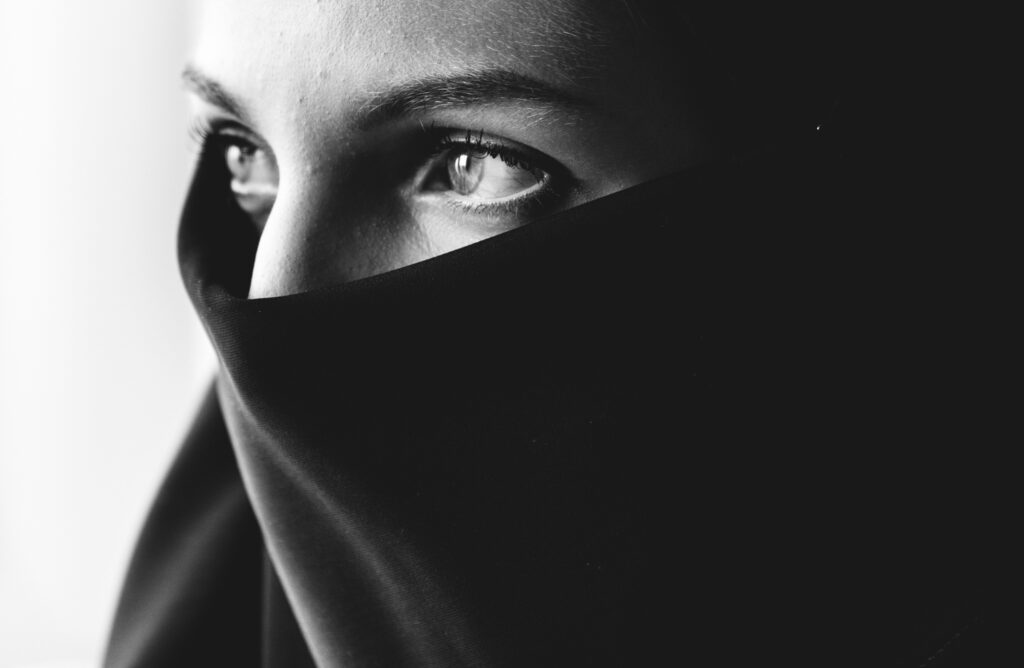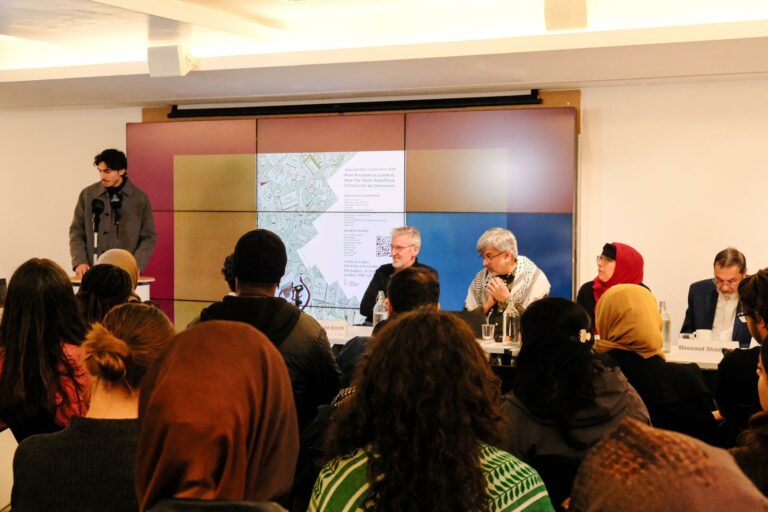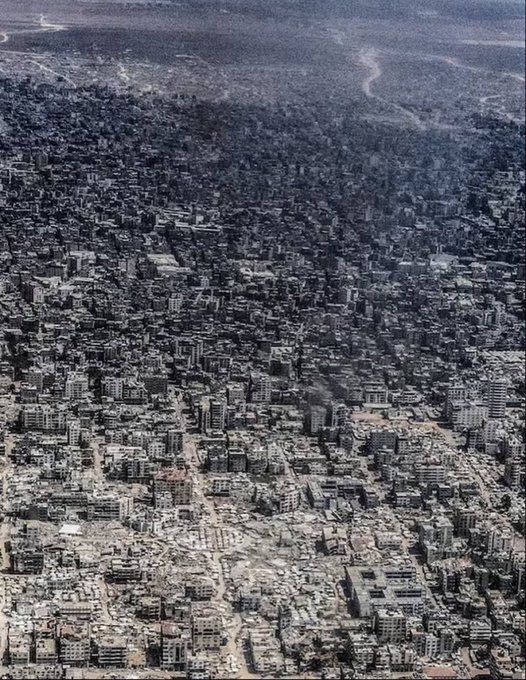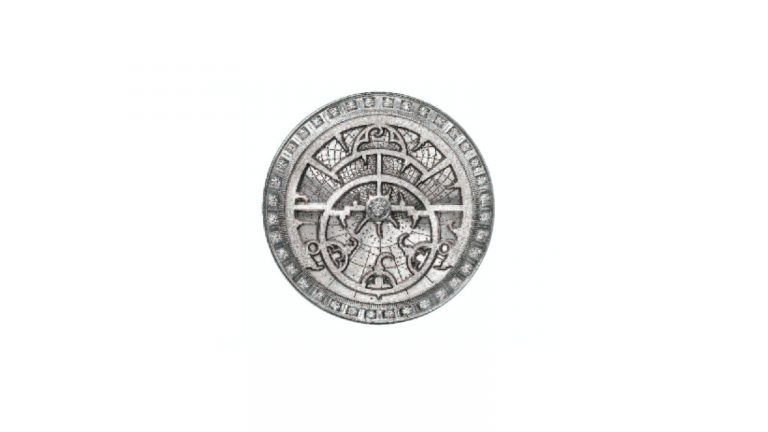In an extraordinary ruling, a judge said she could not sit on an attempted murder trial because her full face covering, known as the niqab, concealed her expressions.
The woman was about to take the oath in the case at Blackfriars Crown Court in London when the judge interrupted to ask if she was prepared to remove the garment which covered her whole face, apart from a narrow slit through which her eyes could be seen.
Judge Aidan Marron QC, said it was ‘desirable’ that her face was ‘exposed’ during the trial and asked her to remove the veil.
When she refused she was told to stand down and a white male member of the jury pool was sworn in in her place.
In the presence of the rest of the jury, Judge Marron said: ‘I wonder whether I can address the lady who is veiled.
‘Would you prefer not to remove your veil in this particular case?’
The woman, who was wearing western clothing including a fitted grey jacket, replied: ‘Yes.’
Judge Marron added: ‘I entirely understand that, but in this particular case it is desirable that your face is exposed, so I’m going to invite you to stand down. I hope you understand.’
The ruling, which is thought to be one of the first of its kind in Britain, has sparked outrage.
Yesterday Massoud Shadjareh, chairman of the Islamic Human Rights Commission, said: ‘This is totally unacceptable. I really can’t understand why facial expressions could have any impact on the judge, the judgment or anyone else in a trial. It has no relevance.
‘I’m speechless that you can exclude someone on the basis of the way that they dress.
‘It’s very worrying that a judge is being prejudiced against women wearing a veil.’
Official guidelines state that veils can be worn in court although senior judges should decide on a case-by-case basis.
In 2007, the Judicial Studies Board’s equal treatment advisory committee said Muslim women should be permitted to wear the garment as long as it did not interfere with the administration of justice.
The guidelines said: ‘Each situation should be considered individually in order to find the best solution in each case.’
It also says forcing a woman to choose between participating in a court case and removing the veil could have a ‘significant impact on that woman’s sense of dignity’, and could serve to ‘exclude and marginalise’ her.
The rules say a judge may wish to consider excusing jurors in niqabs if a challenge is made by one of the parties, provided there is a genuine basis for the objection. The guidance followed a case at an immigration court in Stoke-on-Trent in 2006 where the judge, George Glossop, ordered an adjournment because he was having difficulty hearing legal executive Shabnam Mughal.
In 2007, a Muslim female juror who was accused of listening to a hidden stereo under her headscarf was cleared of contempt of court when the Attorney General’s office ruled there was insufficient evidence.
Ruhela Khanom, 20, faced a possible unlimited jail term for allegedly listening to her MP3 player while a defendant was giving evidence.
By Rebecca Camber, dailymail.co.uk






